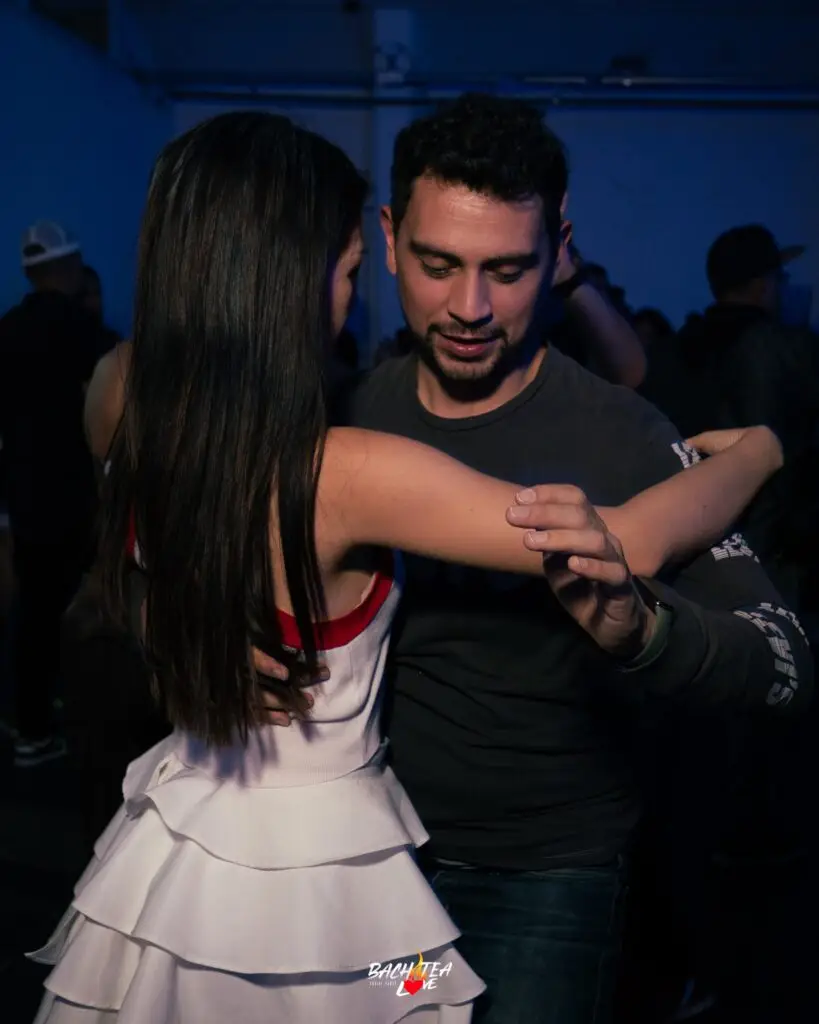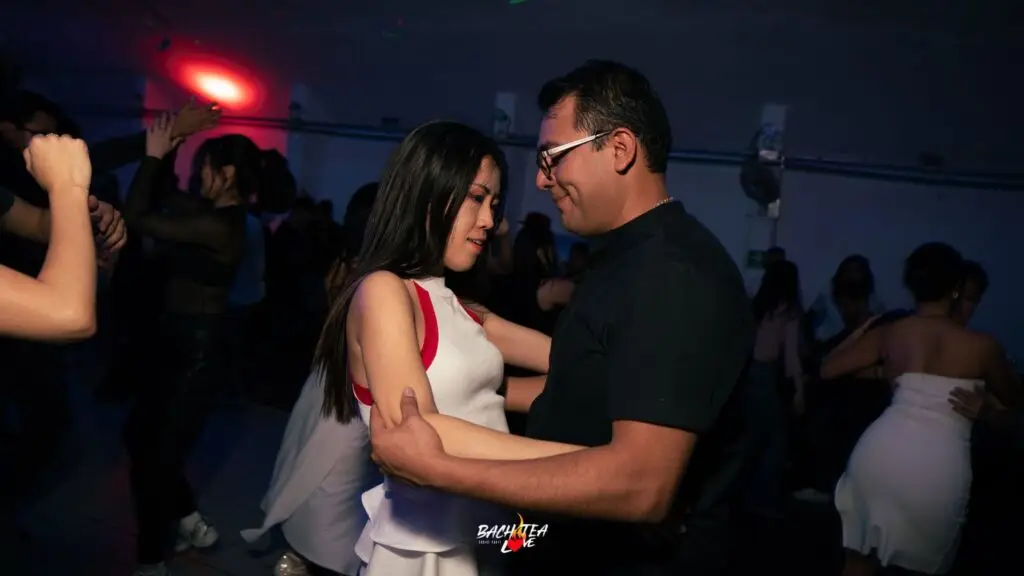In January of 2020, right before the global pandemic, I quit my corporate job for good. In less than 12 months, I have doubled my 6-figure salary by freelancing.
Before you roll your eyes and think this is another bragging article, let me tell you about my original plan and how horribly far I’ve strayed from it.
Corporate Burned-Out Turned Wannabe Entrepreneur
A few years ago, I started having the idea of building my own business, but I had no idea what I can sell. I’ve been a graphic designer my whole life and a TV producer briefly before that — I had no world-changing and radically innovative ideas in particular.
Instead, I went out on an email spree hounding every conference I can find on the Internet and pitched my speaking proposals. My goal was to simply expand my network and elevate my industry profile as a designer.
To my surprise, that went very well. I started getting invited to multiple conferences to speak. After a conversation with the keynote speaker at a conference I spoke at, I got inspired to start teaching.
I wasn’t planning on making teaching my new career. I just thought it would make me a better public speaker and that in turn will help me with promoting whatever business I will launch.
The teaching gigs went so well that I started getting offers to teach classes after classes, to a point that I felt confident enough to quit my corporate job, which I had been wanting to do for a number of years. Even though I still didn’t have a clue what my business will be, the prospect of being able to live off of something other than a job that no longer makes me happy was enough.
…the prospect of being able to live off of something other than a job that no longer makes me happy was enough.
I proceeded to quit my job. It felt liberating.
All of my teaching gigs were part time, which convinced me that I would be able to dedicate a lot of time to build my real business, whatever that might be.
Having embedded myself into the creative education industry, I decided that I should try my hands at building my own creative education company. And indeed, I did.
I built Path Unbound, a creative education brand that offers business education to designers and artists.
However, my efforts at building the brand were inconsistent. They were constantly interrupted by my freelance and teaching work. I also made the decision to uproot my entire life and move across the country in the middle of all this. And as if all of that wasn’t enough — I even went into the housing market and made the biggest purchase of my life, yet.
This is how the spiral started.
Then I Became Addicted To Making Quick Money
One thing I learned this year is that anything can become addictive.
One thing I learned this year is that anything can become addictive.
Being newly self-employed, I quickly got addicted to making quick money. Even though I had savings, I didn’t feel comfortable taking a few months off and making nothing. As soon as I was offered another teaching gig or another freelance project, I took them. And they kept coming — which isn’t exactly a bad problem to have in a time when so many are out of options for employment.
Soon enough, a mental battle between “make money quick” and “what the hell are you doing not focusing on your business” butting against each other became a daily voice in my head.
I felt guilty making money with freelance work, but I couldn’t stop.
I felt guilty making money with freelance work, but I couldn’t stop.
To be fair, I was much happier doing the freelance work than any full-time jobs I’ve ever had. No politics, no ass-kissing and getting to go the stores randomly at 3pm on a Wednesday felt great. And it still does.
Yet in my head, I knew this isn’t what I really want in the long term. I want to build my own brand and make a mark in this world. I want to be a real entrepreneur.
I’ve never been a drug addict, but I have experienced other forms of addiction like feeling unable to pull back from someone who isn’t good for me. Like they sang in lyrics — it hurts so good.
Feeling unable to stop freelancing and really spend time building a business is the addiction for wannabe entrepreneurs. It hurts to see others actually launching their own brand, but it feels so good to have constant income from the quick freelance gigs. See the parallel here?
I Built 4 Income Streams, But Here’s The Catch
Towards the end of the year, I did some quick accounting to find out how much I made this year. I realized that I had actually made much more, almost doubling what I had made with my full-time corporate job.
If you ask anyone, that is an achievement to celebrate. But for me, I realized that money and success isn’t always the same. They are highly-correlated, but one has to make money while doing what they really want and preferably something that makes a difference in this world — at least that is my definition.
I am still happy that my first year “out of a job” wasn’t a tale of complete financial disaster. In many ways, I consider myself very lucky, especially given the COVID factor.
Yet I realized I had achieved none of the goals I had set for myself — establishing a brand and getting it off the ground; building a growing customer base; investing; building a portfolio of real estate etc.
Of course, I shouldn’t totally discredit myself. At least I was able to build several income streams that effectively replaced my single income stream from corporate jobs. That itself is the start, which is why I want to share those income streams and inspire others who may want to pursue routes other than a traditional job.
There are many articles about building income streams like a millionaire. As a reference, the following 7 income streams are usually where wealthy people make their money.
- Investment income — Dividend income from stocks they owned.
- Earned income — Paycheck income from contracted employment.
- Rental income — Rents from real estate they own.
- Royalty income — Payments for royalties from selling rights to use something they’ve written or created, like articles, songs, films, TV shows.
- Capital gains from selling appreciated assets like real estate.
- Profits — Income after expenses from businesses they own.
- Interest income — Money from savings, CDs, bonds etc.
I used this list to evaluate my own income streams. I wanted to find out which ones I have achieved and can continue to do so; which ones I have not yet achieved but can start doing next year; and which ones I have done but won’t be sustainable in the near future.
Here is what my 2020 income looked like:
- Investment income — none (but can start doing next year)
- Earned income — pay from my freelance and teaching gigs (can continue, but needs to be reduced to allow for brand building next year)
- Rental income — none (may not be able to start next year, but in the plans for the next few years)
- Royalty income — some from my writing and teaching videos (needs to be expanded next year for more “passive income”)
- Capital gains — a decent amount from selling my home in New Jersey
- Profits — next to none (needs to be the #1 priority to expand next year as I build my brand)
- Interest income — steady (no plans to change in the near future)
As you can see, I have achieved four income streams in 2020. Three others are completely missing and one of the four income streams (capital gain) isn’t going to be sustainable year after year until I build a sizable real estate portfolio.
One Mistake Took Away Most Of My Hard Work
When it comes to capital gain, I actually made a colossal mistake going into the housing market in California when it was iron hot in July, 2020. The result was that I lost half of my savings. So ironically, capital gain actually became capital loss for me later this year. The only silver lining is that I could claim it in my taxes because I used an investment loan. If I had made the same mistake buying and selling a primary residence for personal use, this financial mistake would have had no recourse.
Transitioning To Real Entrepreneurship
In 2021, I have set myself a goal to transition to real entrepreneurship. 2020 turned out to be not quite the year that many of us had expected, but if we are lucky enough to be alive and healthy, we can turn it around.
A few things I have started doing to get myself back on track include:
- Turning down freelance or teaching jobs that don’t align with my interests or are too-time consuming;
- Learning to be comfortable at taking a few months off to focus on business building;
- Asking myself what my true passion is. I have found a calling in storytelling and designing beautiful and functionally products. The details are not yet clear but I am ironing them out;
- Building a community of engaged audience by consistently publishing high quality content — where or not they directly relate to my eventual business. This is the power of a personal brand — if your audience loves hearing from you, they will buy what you sell;
- Doing deep-dive case studies of successful brands in my niche and list out their success factors to inspire and inform my own business strategies;
- Surround myself with more individuals who are on their paths to building something unique and elevate their stories while learning from them and inspiring others.
What I never regret is having tried to change my life every year. Even though I had achieved none of the goals I set for myself this year, I moved forward and a little bit closer to my goals. I learned valuable lessons through mistakes and I am learning to be comfortable with the uncomfortable, which may be the biggest lesson we all learned this year.
I am learning to be comfortable with the uncomfortable, which may be the biggest lesson we all learned this year.
To motivate myself even more, I am publicly announcing this tangible goal of writing a 2021 version of this 2020 article next December with a different, hopefully much higher number and actually telling you how I managed to produce products that make a difference in people’s lives. If you made it this far, please regard this as an open invitation to hold me accountable and I would be happy to return the favor in whatever endeavors you have going on.




